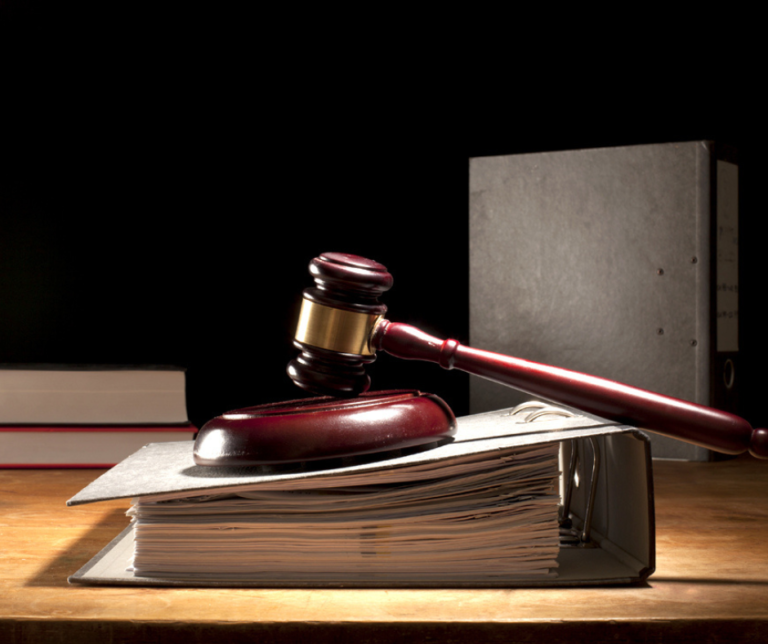
In civil proceedings, court costs represent all expenses generated by the litigation and can be essential for understanding the financial obligations of the parties involved. In this article, we clarify what court costs are, who bears them, and the rules the law applies in this area.
What Do Court Costs Include?
According to current legislation, court costs include:
- Judicial fees and court stamp duties.
- Fees for lawyers, experts, and specialists appointed in the proceedings.
- Amounts paid to witnesses for travel and losses caused by attending court.
- Travel and accommodation expenses, if applicable.
- Any other necessary expenses for the proper conduct of the trial.
Thus, these costs cover almost all expenses related to a lawsuit, from official fees to the payment of professional services.
Reduction of Fees: When Is It Possible?
The court may reduce lawyers’ fees, even ex officio, if they are clearly disproportionate to the value or complexity of the case or to the lawyer’s actual work. This measure is, however, justified and does not affect the contractual relationship between lawyer and client. The same rule applies to the fees of experts and specialists appointed in the proceedings.
However, judicial fees, court stamp duties, and amounts owed to witnesses cannot be reduced.
Who Bears the Court Costs?
In general, the losing party is obliged to bear the court costs of the winning party. However, if the claim is only partially granted, the court may decide to split the costs proportionally between the parties or even offset them.
Exemption from Payment of Court Costs
There are special situations in which a defendant who acknowledges the plaintiff’s claims at the first hearing will not be obliged to pay court costs. The exception is if the defendant was formally put in default before the trial or was legally in delay.
Situation with Multiple Plaintiffs or Defendants
When a case involves multiple plaintiffs or defendants, they may be required to pay court costs equally, proportionally, or jointly, depending on their role in the case and the nature of the legal relationship.
Proof of Costs
The party claiming court costs must provide evidence of their existence and extent, at the latest by the close of debates on the merits of the case.
Conclusion
Court costs are an important part of civil proceedings, and the law clearly establishes who and under what conditions must bear them. If you are involved in a lawsuit, it is essential to know these rules to anticipate your costs and rights. Our recommendation is to consult a specialized lawyer to protect your interests and manage the financial aspects of the proceedings as efficiently as possible.

